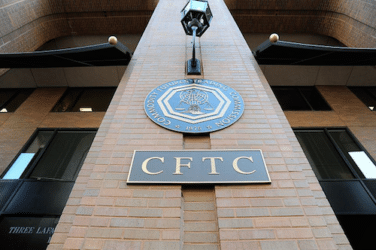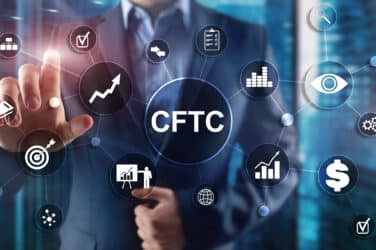(this article first appeared on Bloomberg)
Navinder Singh Sarao hasn’t ventured outside London for more than a year due to bail restrictions imposed after his arrest for spoofing markets. That could all change should his final appeal fail Friday, forcing his extradition to stand trial in the U.S.
The 37-year-old will appear in a London court for his last chance to fight a ruling forcing him to be extradited. If the request is declined, Sarao could be on his way to the U.S. within 28 days.
Sarao has been fighting extradition since April 2015 when he was arrested at the behest of American prosecutors at his home in Hounslow, London. The trader is accused by the U.S. of spoofing CME Group Inc.’s stock futures market over four years, including on May 6, 2010, when a trading frenzy created a flash that briefly wiped almost $1 trillion from the value of American equities. He allegedly made as much as $40 million in profits overall and faces 22 counts of fraud and market manipulation.
Unfortunately for Sarao, English laws were changed in April 2015 removing an automatic right to an appeal for extraditions. All extraditions must now be granted permission to appeal via a written application. If unsuccessful, the request can be renewed orally. Sarao’s written request was turned down in July.
“With one foot already on the plane to the U.S. having had his extradition ordered and application for leave to appeal refused on paper, this is Sarao’s last opportunity to persuade the High Court,” said Edward Grange, a London lawyer at Corker Binning, who isn’t involved in the case. “If the renewed application for leave to appeal is refused, Sarao will have come to the end of the road.”
In the ruling against Sarao, handed down by a lower court in March, Judge Quentin Purdy acknowledged there’s no known U.K. prosecution for spoofing, but agreed with the U.S. that this didn’t mean the behavior wasn’t a criminal offense under English law.
Sarao has only spoken once publicly since his arrest, shouting out from the dock at a court hearing in May 2015: “I’ve not done anything wrong apart from being good at my job.”





